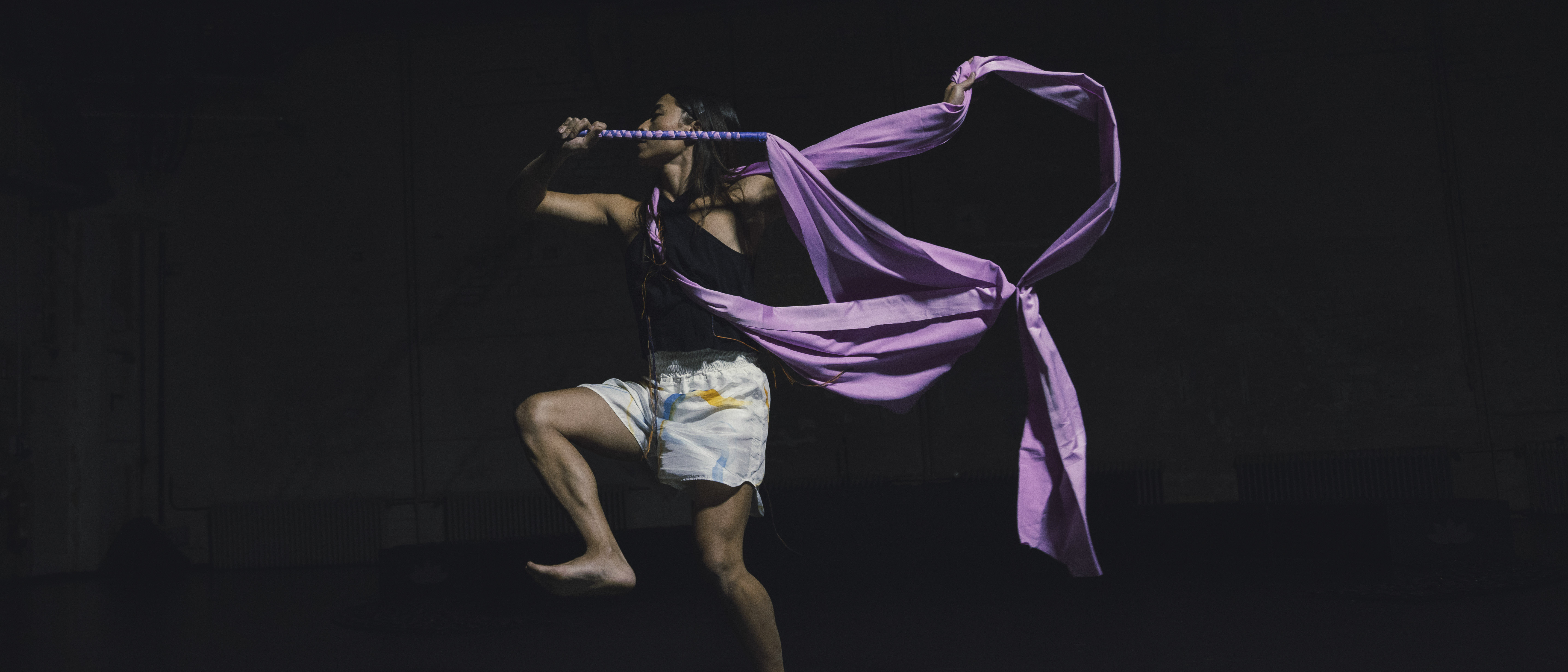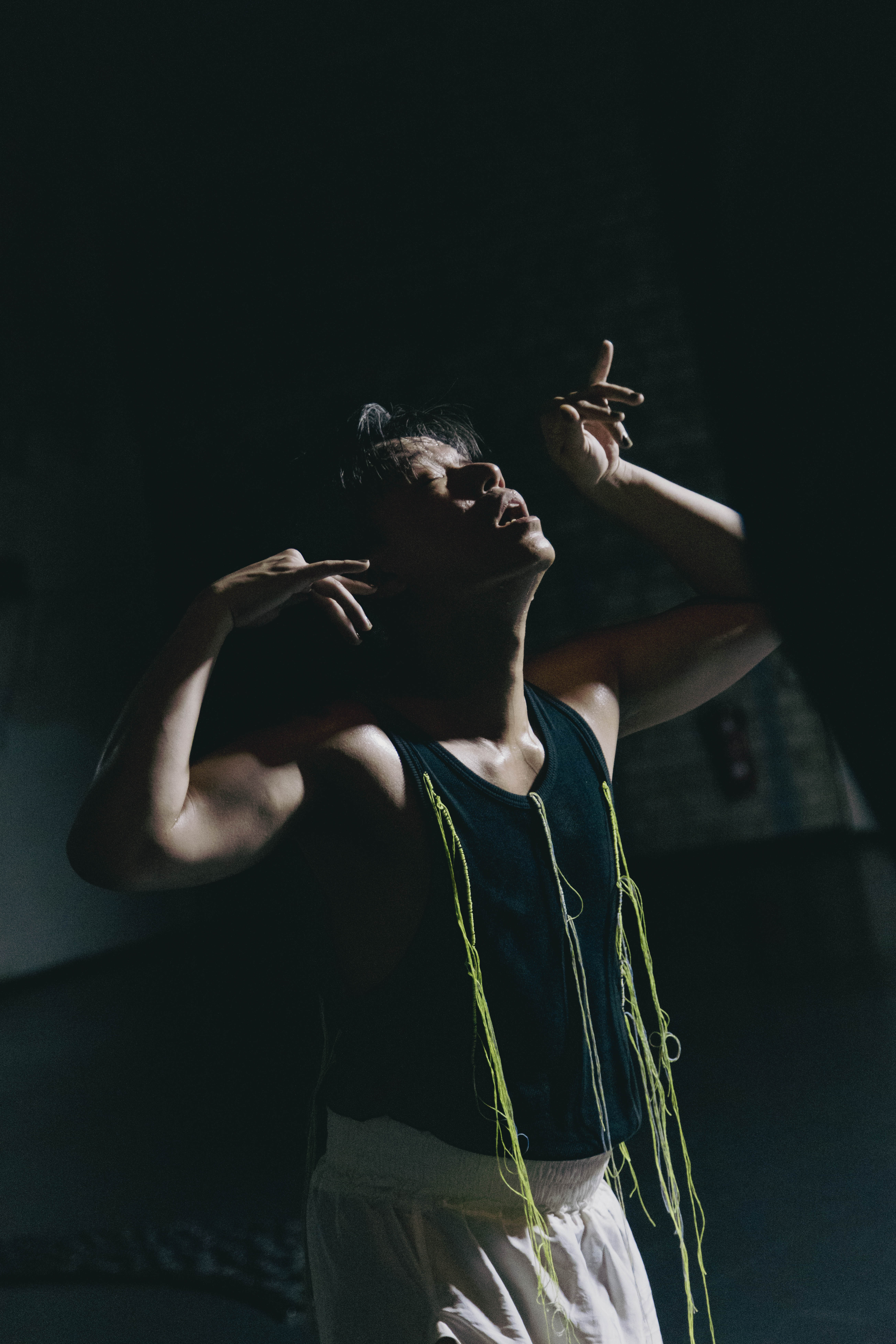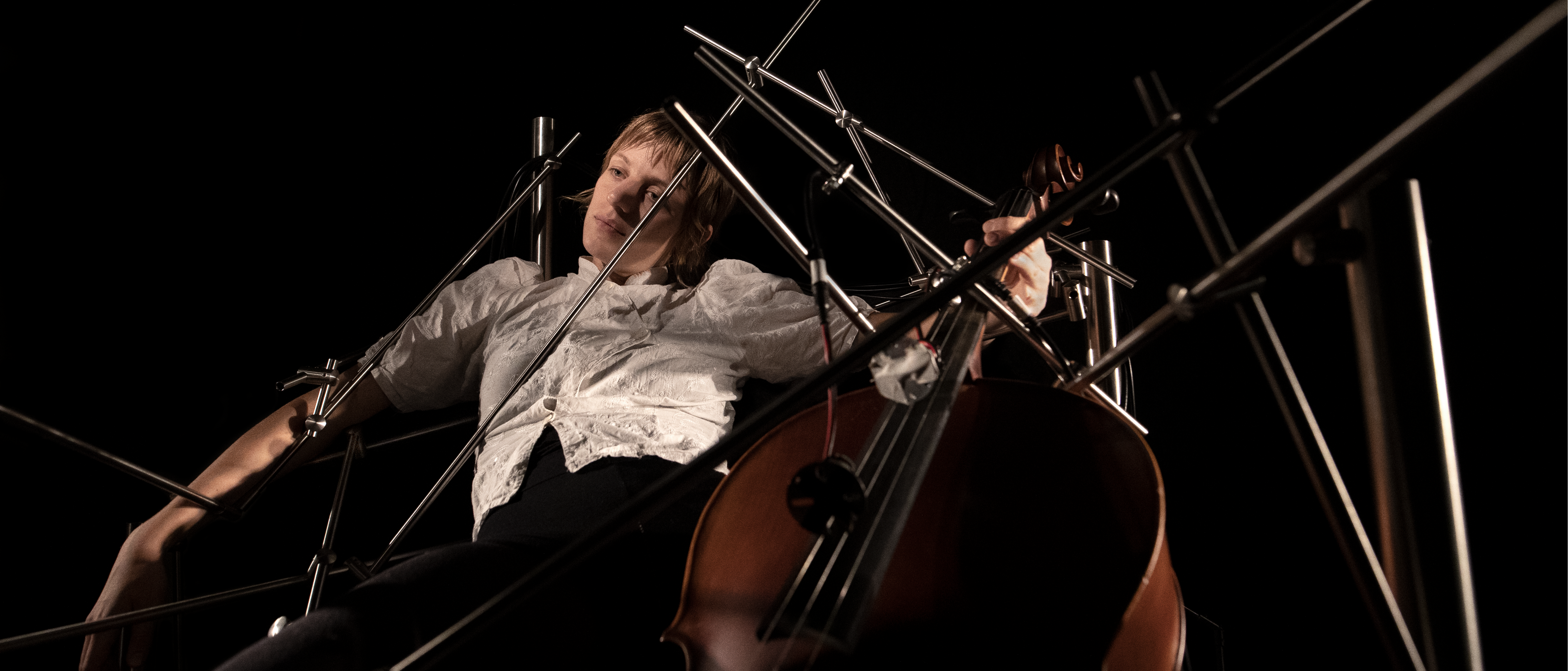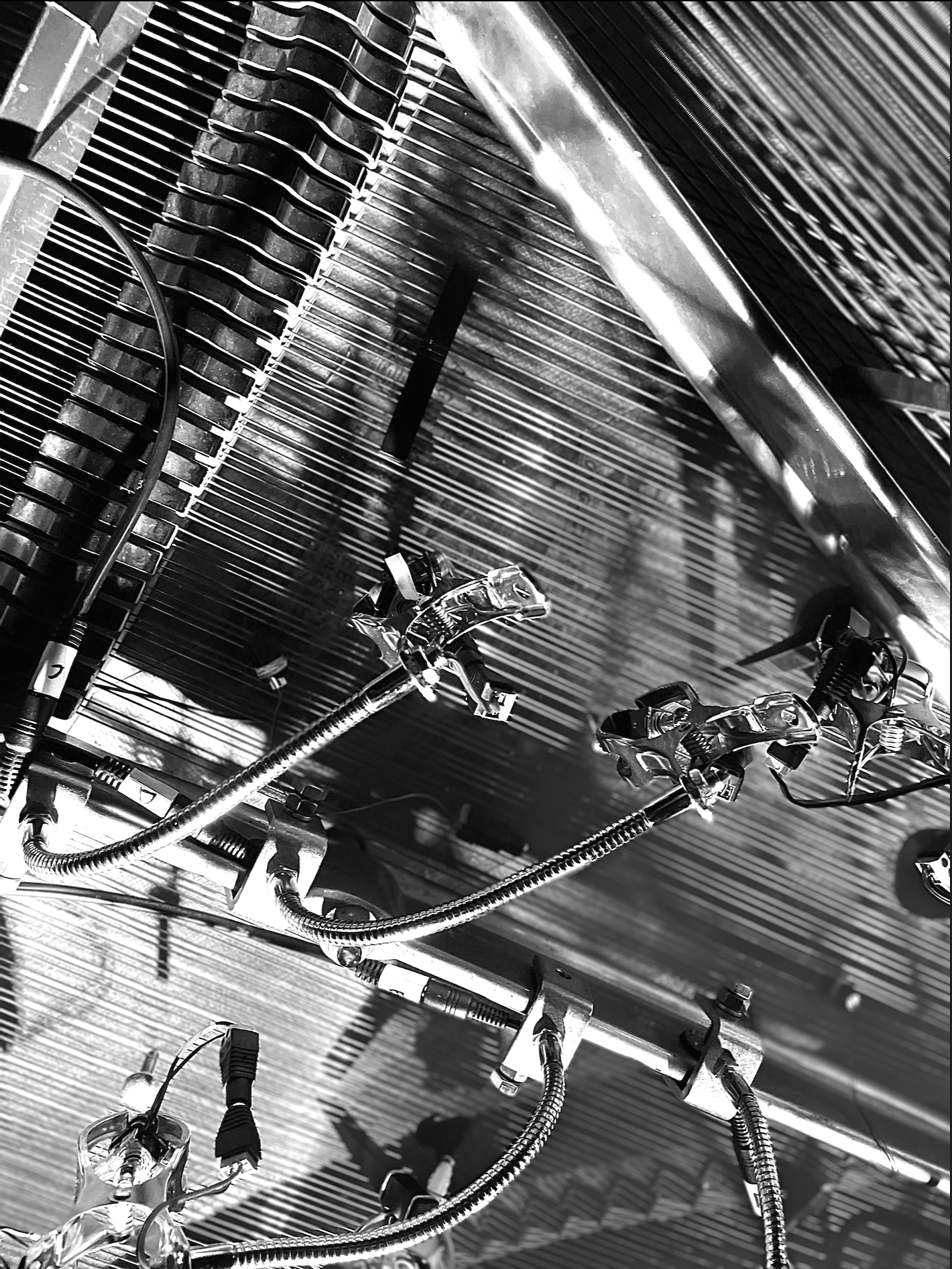JAKOB HAGEN / works / teaching / bio / contact




Performances:
May 08.-11. / 2025 / Kampnagel, Hamburg
May 15.-17./ 2025 / PACT Zollverein, Essen
Cast:
Raymond Liew Jin Pin - Dancer, Choreagrapher
Paula Pau - Dancer
Mun Wai Lee - Dancer
Jascha Viehstädt - Light
Nina Holtgrave - Costume
Yi-Jou Chuang - Stage
Composition: Jascha Jakob Hagen
Full Duration: 53min
Conceptualised and Choreographed by Raymond Liew, LOTUS FIGHT CLUB, is a work that invites the audience to witness violence and pleasure, punishment and celebration. By reenacting traditional dances – like the Chinese ribbon dance – the symbols and moves are placed in a new arena where ribbons become whips, and lashes become lustdful. Each blow whips the choreography into new shapes and commands the dancers to follow or surrender. When dawn breaks, the club turns into a training ground for a rebellious dance and a ritual for resilience. Raymond Liew Jin Pin and team use the multiple meanings of the ribbon and the whip to refer to a colonial-era sodomy law which is still enforced in Malaysia and includes physical punishment by whipping. //



alter_01 is a musical composition and sound sculpture that merges human and machine into a single performative organism — a radical aesthetic experience of sound, light, and stage design.
The work examines the increasingly intertwined relationship between humans and technology, translating questions of control, dependence, and embodiment into sound. The performance also challenges conventional roles of performer and audience, and blurs the boundaries between concert, installation, and endurance art.
At its core, alter_01 is an electroacoustic composition for cello and digitally controlled electromotors. Mechanical impulses, drones, and frictional textures form the sonic foundation, amplified and spatialized through an eight-channel loudspeaker setup.
Rather than relying on digital processing, the piece embraces a raw, tactile electroacoustic aesthetic — emphasizing physicality, immediacy, and the fragile balance between human expression and technological autonomy. //
ALTER PIANO, 2022-2024, Weimar, Germany

In the middle of the 20th century, John Cage used rudimentary preparations to turn a piano into an African-like percussion instrument. The piano interface "Alter Piano" tries to turn a piano into a rabid ISBN modem. 12 digitally controlled electric motors on 12 metal arms inside a grand piano transform the instrument into a screeching, sawing monster. Prepared piano 2.0.? At the same time, the question of the relationship between man and machine, between instrument and slot machine, is constantly renegotiated by the motor interface inside the piano, the heart of Western musical culture. The interface plays itself and the composer acts only as a programmer, being directed and using the motors like body extensions, or it is simply overridden by human intervention, such as bowing on the strings or playing the interior piano with mallets and balls. 4 microphones above and below the piano microscope the sound during this process, transforming the piano into an electro-acoustic object and the piano frame into its three-dimensional environment. The project "Alter Piano" will be performed in a 45-minute concert performance consisting of 6 compositions by Jascha Hagen & Max Arsava. The different possibilities of interaction with the very special interface are explored performatively and sonically in the compositions. //
Performances:
richten25 Festival, Wiesbaden - Mar/2025
Musikhaus Schwinghammer, Weilheim - Oct/2023
Detect Classic Festival - Aug/2023
SeaM, Weimar - Jul/2022
KLAVIER STUDIE I-III, 2020-2021, Weimar, Germany

The three studies explore sonic and conceptual boundaries of the piano as both instrument and object. Using prepared piano recordings and digital transformation, each study approaches the piano as a site of deconstruction and reconfiguration — questioning its material, historical, and cultural identity. The works investigate the tension between the recognizable and the abstract, between memory of the instrument and its dissolution into sound material. //

The works Morphosis, Music for Metal Strings, and In a Maze were developed during my studies at the SeaM Weimar under Prof. Robin Minard. All three are conceived as multichannel compositions for loudspeaker orchestra.
They explore the acousmatic potential of acoustic instruments through extended playing techniques and spatial sound design, focusing on the transformation of instrumental sound beyond its physical source. //
They explore the acousmatic potential of acoustic instruments through extended playing techniques and spatial sound design, focusing on the transformation of instrumental sound beyond its physical source. //